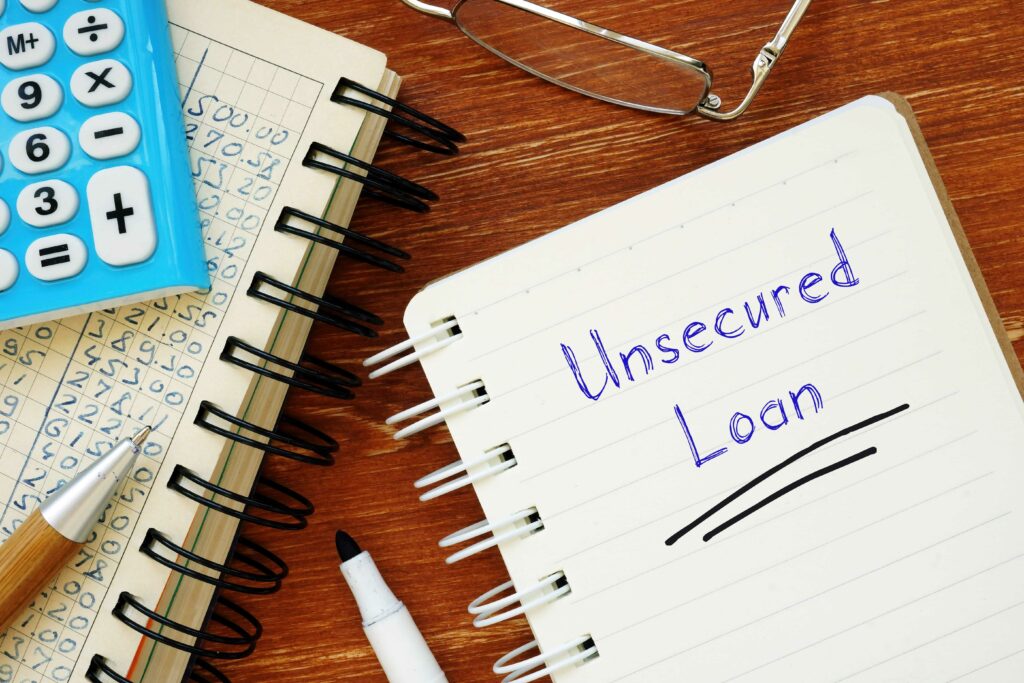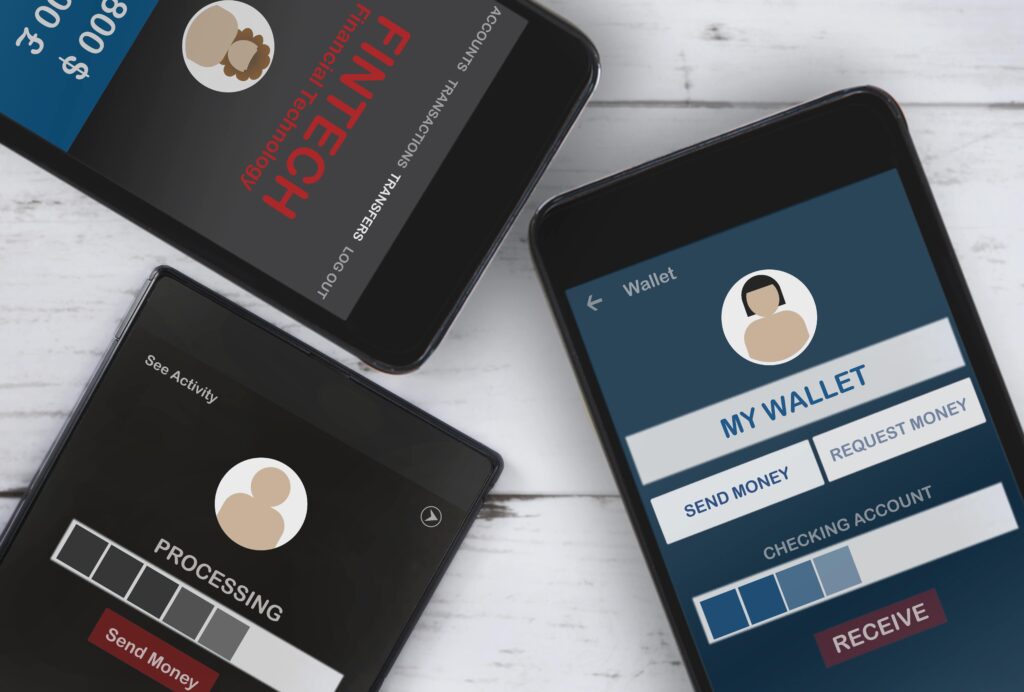Imagine being able to take a loan to cover your debts and liabilities. As strange as it sounds, it’s real as it gets. With favourable terms of the loan which include a lower interest rate, lower monthly payment, or both.
Individuals can use debt consolidation loans as a tool to deal with student loans and other forms of liabilities.
What is a consolidation loan?
We can see the term debt consolidation as the act of taking out a new loan to pay off other liabilities and consumer debts. These loans are generally unsecured ones. Here they combine multiple debts into a single, larger piece of debt, usually with more favourable payoff terms. These favourable payoff terms include a lower interest rate, lower monthly payment, or both. Consumers can use debt consolidation as a tool to deal with student loan debt, credit card debt, and other liabilities.
Key things to know about consolidation loans?
- Debt consolidation is means taking a loan to pay off other debt and liabilities.
- Debt consolidation loans do not entirely erase the original debt. They only transfer a benefactor’s loan to a different lender or type of loan.
- There are two major types of debt consolidation loans. They include secured and unsecured.
- Benefactors can apply for debt consolidation loans, lower-interest credit cards, and special programs for student loans.
How does debt consolidation loans work?
As stated above, debt consolidation is the act of using a different form of financing to settle other debts and liabilities. When a consumer is saddled with different debts, they can apply for a loan to merge those debts. Those debts are standardized into a single liability and paid off. They then make payments to the new debt until the debtor settles it in full.
Most consumers can apply through their bank credit union, or credit card company as the first step of the application process. A consolidation loan is a great way to start, especially if you have a great relationship and payment history with your institution.
An important point to note is that debt consolidation loans do not entirely erase the original debt. Instead, they simply transfer the benefactor’s loan to a different lender. For actual debt relief/ or for those that don’t qualify for loans, it’s advisable to look into debt settlement. Debt settlement is available to reduce consumer’s obligations rather than the number of creditors.
2 Types of Consolidation loan
There are two major types of debt consolidation loans. They are secured loan and unsecured loans.
Secured loans are usually backed by the borrower’s assets, such as a house or a car. The asset here works as collateral for the loan.
Unsecured loans are not backed by any asset. This type of consolidation loan is usually very difficult to get. They also have higher interest rates and lower qualifying amounts compared to other forms of loans.
With either of the loans, interest rates are typically lower than the rates charged on credit cards and other forms of loans. Also, in most cases, the rates do not fluctuate, so they do not vary over the repayment period.
Requirements for getting a debt consolidation loan?
Before qualifying for a consolidation loan, applicants must;
- Possess a letter of employment,
- Have two months’ worth of statements for each credit card or loan you wish to pay off.
- Possess letters from creditors or repayment agencies.
- Provide a copy of the latest bank statement, reflecting three salary deposits
- Have the income and creditworthiness needed to qualify, especially if you’re going to a brand new lender.
Although the documentation you will need often depends on your credit history, the aforementioned documents are quite essential.
Advantages of consolidation loans
The following are the major importance of consolidation loans;
- Debt consolidation is a great tool for people who have multiple debts with high-interest rates or monthly payments.
- Debt consolidation loans can help your credit score. Settling the portion of the principal loan sooner can keep interest payments low. This means less money out of your pocket. This can help boost your credit score, making you more attractive to future creditors.
- Taking a debt consolidation loan can give you a tax break chance. The internal Revenue Service permits deduction of interest on any unsecured debt consolidation loans.
- Going through the debt consolidation process can reduce calls or letters from the collection process. As long as the new loan is kept up to date.
Disadvantages of consolidation loans
Debt consolidation loans have their downsides too. These disadvantages include;
- Debt consolidation loans have longer payment schedules. This means that applicants might pay more in the long run.
- By transferring existing loans into a brand new one, there may initially be a negative impact on the consumer’s credit score. This is because credit scores favor longer-standing debts with longer, more-consistent payment histories.
- Ending the old credit accounts and opening a single new one may reduce the total amount of credit available, raising the debt-to-credit utilization ratio.
- Consolidation loans can also cause potential loss of special provisions such as interest rate discounts and other rebates.
Conclusion
Debt consolidation rolls and tackles multiple liabilities and debts, typically high-interest debt such as credit card bills, into a single payment. Debt consolidation might be a great idea for you, especially if you can get a lower interest rate. That will help you reduce your total liability and reorganize it so you can pay it off faster.





